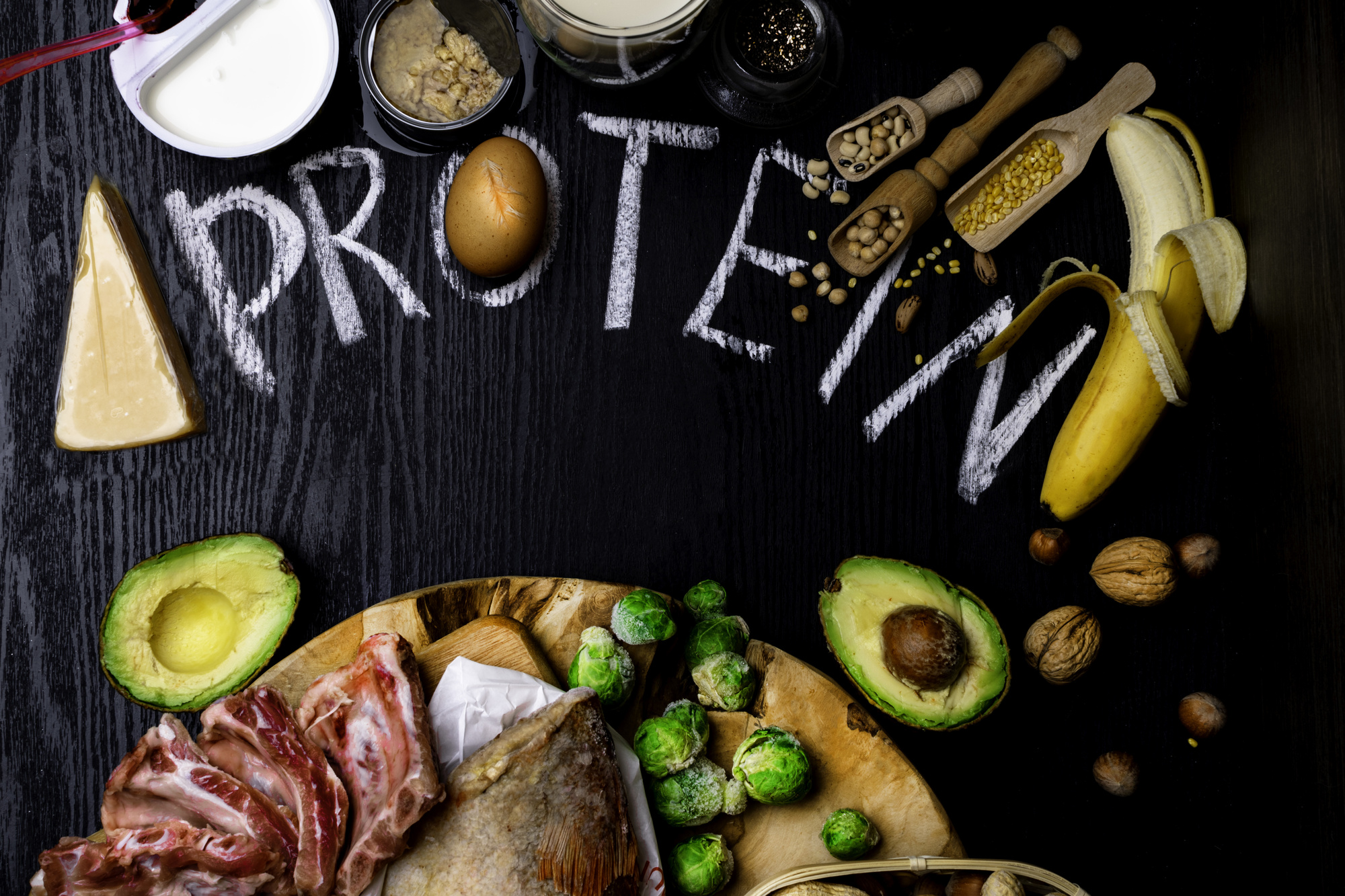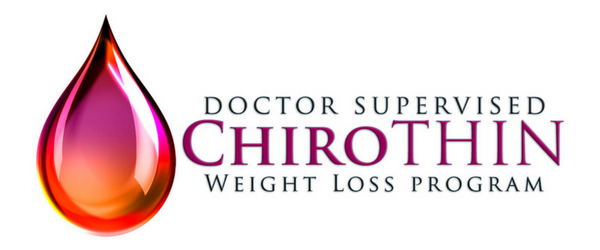
If you’re trying to build muscle, you’ve probably heard that protein is the most important fuel your body needs. This makes many of us wonder: “How much protein per day to build muscle?” This is an important question for anyone who wants to get stronger and healthier.
We know that protein is important for growing muscles, but it can be hard to figure out the ‘right’ amount to eat. There’s a lot of different advice out there.
If you’re an athletic person who wants to perform better, or if you’re just starting to live a more healthy and active life, this article can help. We’re going to use information from science to help you figure out how much protein you should eat to help build muscle.
Understanding Protein and its Role in Muscle Building
Protein is more than just a buzzword in the world of fitness and nutrition. It’s a vital nutrient that your body uses to build and repair tissues, including the muscles. But why is protein so important when it comes to building muscle?
Muscles are primarily composed of protein. After a workout, your muscles experience microscopic damage, a process called muscle protein breakdown (MPB).
To repair and grow stronger, your body needs amino acids, the building blocks of protein. This process is known as muscle protein synthesis (MPS).
When MPS exceeds MPB, muscle growth – or hypertrophy – occurs. Hence, consuming an adequate amount of protein provides your body with the necessary amino acids to promote MPS and facilitate muscle growth.
However, the goal isn’t just to consume protein. It’s about consuming the right amount at the right times, which leads us to our next section.
So, How Much Protein Per Day to Build Muscle?
While it’s clear that protein is necessary for building muscle, the question remains: how much protein per day to build muscle is optimal? To answer this, it’s important to consider your individual needs and lifestyle.
For the average adult, the Recommended Dietary Allowance (RDA) for protein is 0.8 grams of protein per kilogram of body weight. But for those aiming to build muscle, these numbers likely fall short.
Research suggests that individuals engaging in regular strength training may need up to twice the RDA, or 1.6 to 2.2 grams of protein per kilogram of body weight per day. Several factors can influence your protein needs. These include your age, sex, overall health, and level of physical activity.
For instance, older adults and those with intense training regimens may need more protein. It’s crucial to remember that everyone is unique, and what works for one person may not work for another. Remember, while consuming adequate protein is crucial for muscle growth, it’s only one piece of the puzzle.
A balanced diet, regular exercise, and a healthy lifestyle all contribute to successful muscle building. It’s also important to distribute your protein intake evenly throughout the day to maximize MPS, rather than consuming large amounts in a single meal. Meeting your daily protein needs for muscle growth might seem challenging, but with a well-planned diet, it’s entirely possible.
Protein Intake and Weight Loss
Balancing protein intake is not just about gaining muscleit’s also a game changer for weight loss. Protein can be your ally in shedding those unwanted pounds for a couple of key reasons.
First, protein is known to promote satiety. It helps you feel full for longer, which can curb unnecessary snacking and prevent overeating. This can lead to a lower calorie intake overalla vital component for weight loss.
Second, protein has a higher thermic effect than other nutrients. This means your body uses more energy to digest it. As a result, a diet rich in protein can help increase your metabolism, assisting you to burn more calories even at rest.
A unique program like ChiroThin can help navigate the process of balancing protein intake with other nutrients. Its well-developed formula contains specific amounts of amino acids, vitamins, and cell salts to support your body’s metabolism and fat burning capabilities. Coupled with its emphasis on anti-inflammatory foods with a low glycemic index, it provides a comprehensive approach to weight loss.
ChiroThin is designed to enhance your body’s ability to convert stored fat into energy, especially when you consume fewer calories than you burn. This makes it a suitable companion for those looking to lose weight while building muscle.
Getting your protein intake right is a step in the right direction, but it is equally important to pay attention to the overall quality of your diet and lifestyle.
High-Protein Foods and Meal Planning
So, you’re aware of the benefits of protein and you know how much you need to build muscle. But how do you incorporate that into your daily meals? Let’s look at some protein sources that can help.
Lean meats like chicken, turkey, and lean cuts of beef or pork are great options. Fish and seafood are also excellent protein sources. For vegetarians or those who want to diversify their protein sources, beans, lentils, tofu, tempeh, and seitan are packed with protein.
Eggs and dairy products like milk, yogurt, and cheese can also be part of your daily protein intake. Don’t forget about seeds and nuts. They not only offer protein but also bring healthy fats into your diet.
It’s not just about adding these foods to your diet, but also about creating balance. Pair these protein sources with a variety of vegetables, fruits, and whole grains to get a well-rounded diet. This approach aligns with programs like ChiroThin, which emphasizes balanced nutrition for weight loss and muscle building.
Common Myths about Protein Intake and Muscle Building
With the wealth of information available, it’s easy to fall prey to misconceptions about protein and muscle building. Let’s debunk a few of these myths.
First, the notion that more protein always leads to more muscle is not accurate. Consuming protein beyond your body’s needs will not result in extra muscle growth. Instead, excess calories from protein, just like any other nutrient, can lead to weight gain.
Second, not all protein sources are created equal. While it’s important to get protein from a variety of sources, it’s also crucial to consider the nutritional balance. Whole foods often provide a more complete nutritional profile compared to protein supplements.
Lastly, consuming protein alone doesn’t guarantee muscle growth. It’s the combination of adequate protein intake, strength training, and overall balanced nutrition that drives muscle growth and development.
Start Your Journey to a Stronger, Healthier You
Navigating through conflicting advice on protein intake for muscle building can be challenging. Understanding how much protein per day to build muscle and incorporating it into your diet isn’t merely about consuming large quantities. It requires a balance, a combination of healthy eating and regular exercise.
That’s where programs like ChiroThin come into play, offering nutritional guidance to help you make the most of your protein intake and optimize your overall health. Are you ready to get started on the path to a healthier you? Click here to find a ChiroThin doctor in your area.
